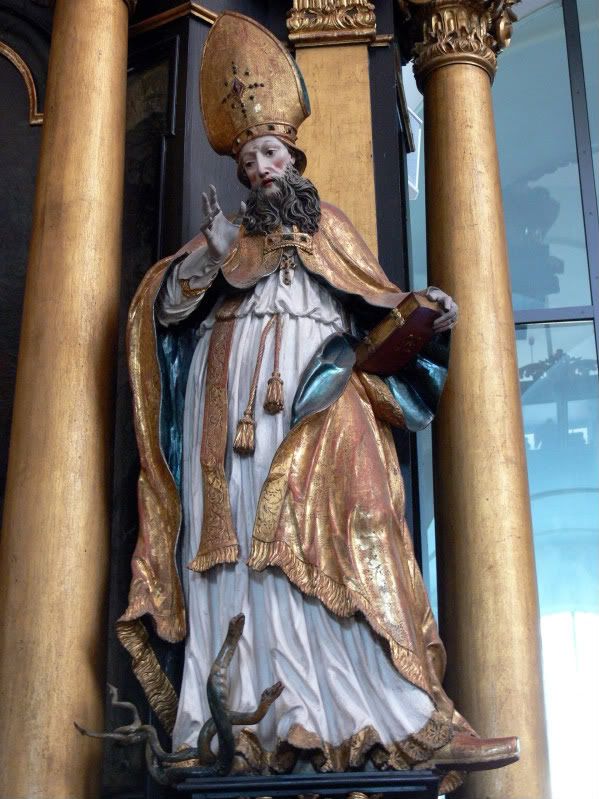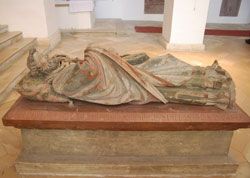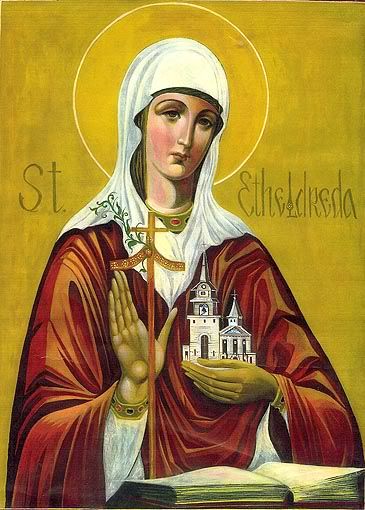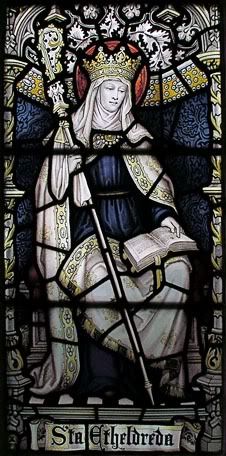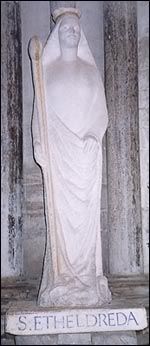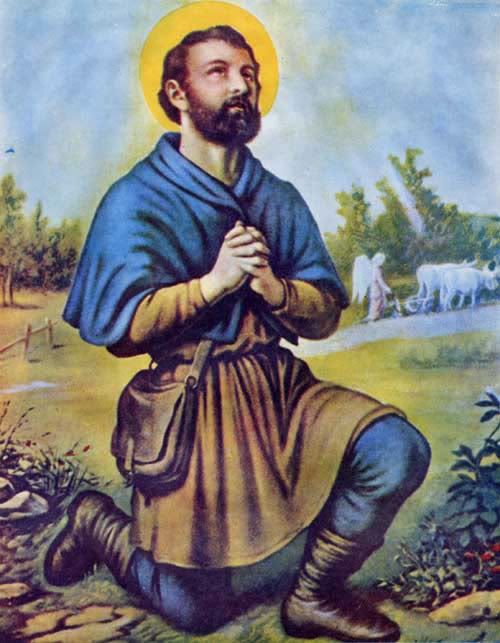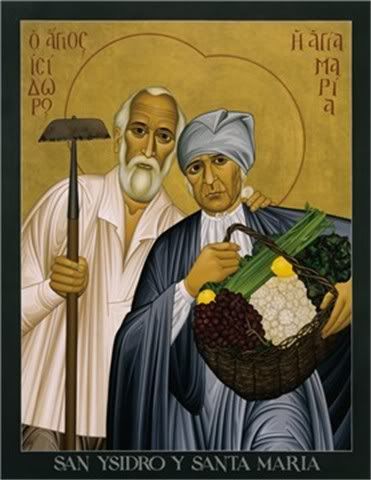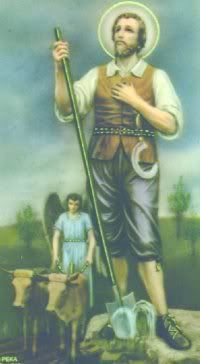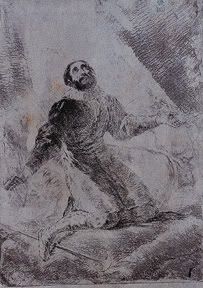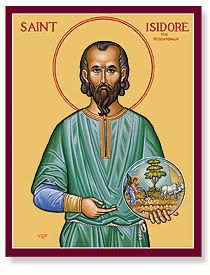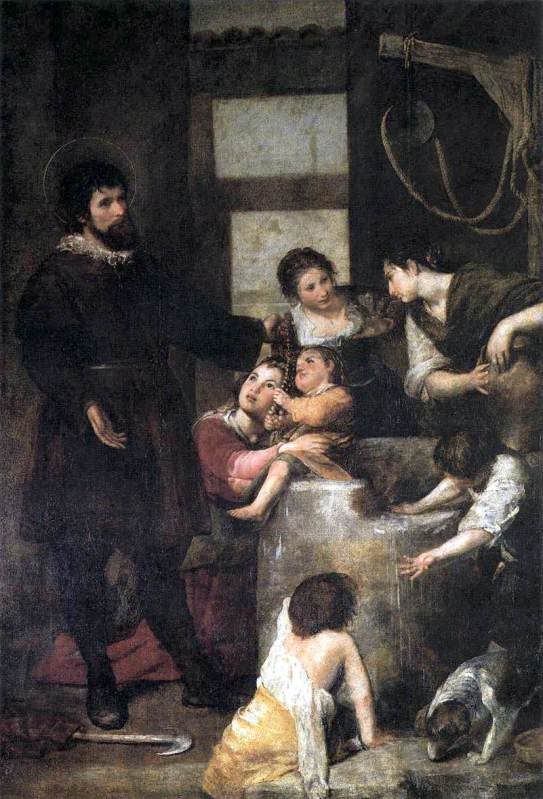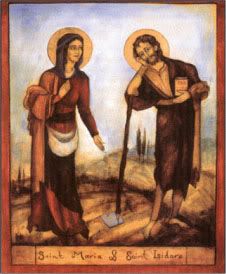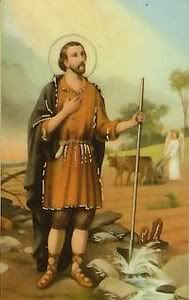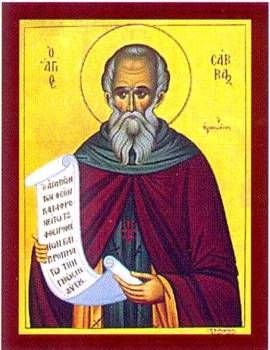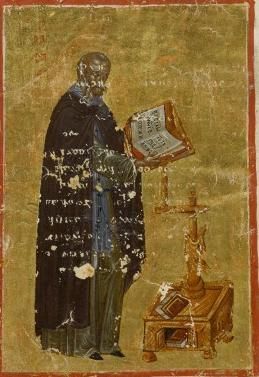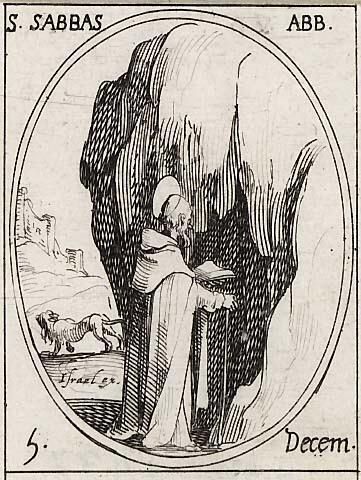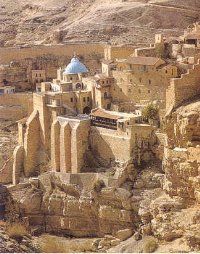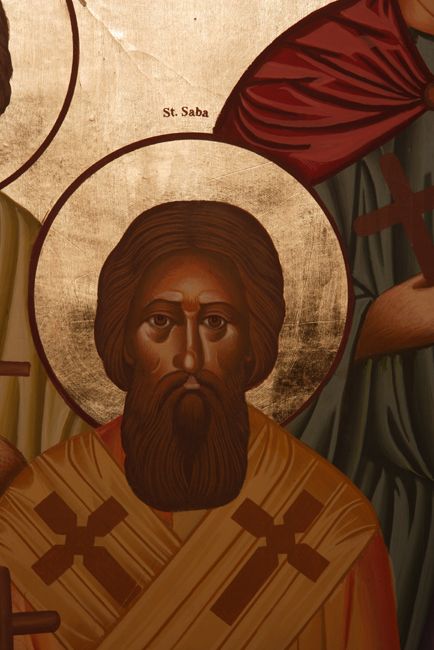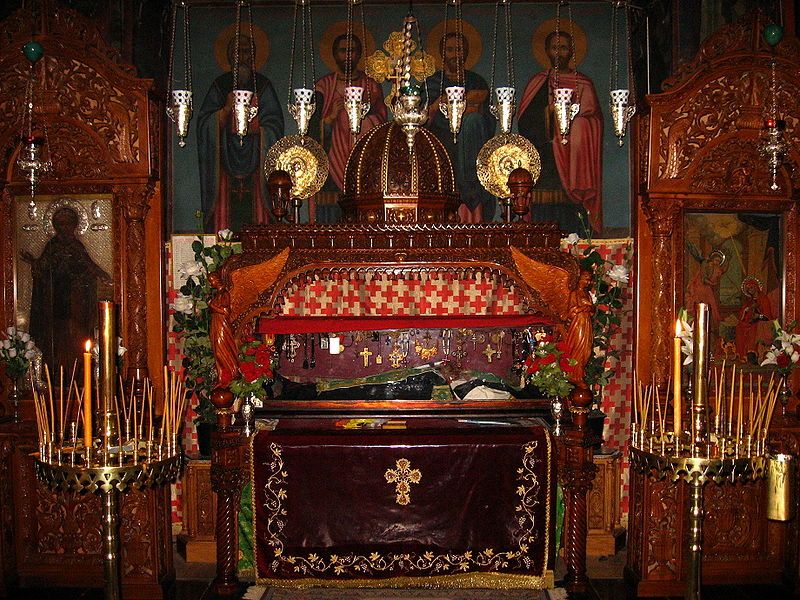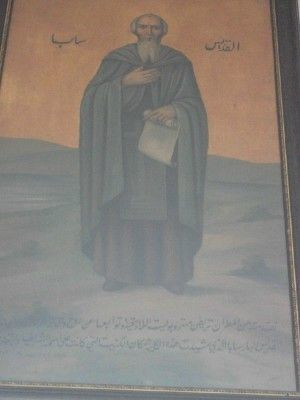Rosa was born in Viterbo, Italy, the daughter of a talented and prestigious doctor. At age seven, she declared her intentions to consecrate her life to God. Her desire was nourished by her family faith life, and she matured into an educated and sensible young woman with a heart of service and deeply felt spirituality. At age 20, with her father’s encouragement, Rosa entered the Dominican Monastery of Saint Catherine but remained only a few months. Upon the sudden death of her father, Rosa returned home to care for her mother. Tragedy did not stray from the family, with first her brother dying, followed by her mother succumbing to grief and eventual death.
While Rosa nursed her mother, she established a small community of local women whom she invited over each day to recite the Holy Rosary to Our Blessed Mother. In the conversations that took place before and after prayer, Rosa realized that the vast majority of women at that time had little education or knowledge, especially in regards to the formative teachings of the Church. Rosa began instructing these women, under the spiritual direction of a Jesuit priest, Father Ignatius Martinelli.
Upon her mother’s death, Rosa felt called to remain “in the world,” teaching and forming young Christian women, rather than returning to a contemplative monastic life. Her spiritual director encouraged her vocation, understanding it to be the will of the Lord, and with permission from the Bishop of Viterbo, Saint Rosa opened her first school for girls. With her typical grace and sensibility, there was little fanfare—only a small humble sign which read “Public School for Girls in Italy.” Saint Rosa structured her school according to an innovative plan that had matured in prayer and her search for the will of God. Her primary objective was to provide the “girls of the common people” a complete Christian formation and prepare them for life in society.
 Over the course of the next decade, Saint Rosa opened a dozen more schools across the area, meeting great resistance each time. Not only did the public regard her work with suspicion and disdain, oftentimes vocally opposed to the brashness of a woman opening a school, the local clergy in each town also resisted her mission, stating their beliefs that only priests could effectively teach the Catechism. Over time, Rosa’s strength, steadfastness, charity, and grace made her mission impossible to resist. In 1716, Rosa received a visit from Pope Clement XI, accompanied by eight Cardinals, who wanted to attend the lessons provided by her teachers. Amazed and pleased, at the end of the morning he addressed these words to the Foundress: “Signora Rosa, you are doing that which we cannot do. We thank you very much because with these schools you will sanctify Rome.”
Over the course of the next decade, Saint Rosa opened a dozen more schools across the area, meeting great resistance each time. Not only did the public regard her work with suspicion and disdain, oftentimes vocally opposed to the brashness of a woman opening a school, the local clergy in each town also resisted her mission, stating their beliefs that only priests could effectively teach the Catechism. Over time, Rosa’s strength, steadfastness, charity, and grace made her mission impossible to resist. In 1716, Rosa received a visit from Pope Clement XI, accompanied by eight Cardinals, who wanted to attend the lessons provided by her teachers. Amazed and pleased, at the end of the morning he addressed these words to the Foundress: “Signora Rosa, you are doing that which we cannot do. We thank you very much because with these schools you will sanctify Rome.”
Following the papal visit, Rosa’s schools were in high demand, requested across the country, and the communities she taught in became her biggest supporters and advocates. From her devotion to the Blessed Mother, Rosa understood herself, as a woman, to be the carrier of a plan of love, like Mary. She never strayed from her obedient love of the Lord, and her focus on fulfilling His mission for her on earth. “Educate to save” became the motto that urged the Venerini Teachers (Maestre Pie Venerini) to continue the Work of the Lord intended by their Foundress and radiate the charism of Rosa to the world: to free from ignorance and evil so that the project of God which every person carries within can be visible.
In addition to her difficult labors in creating schools and converting communities, Rosa ministered to the sick and discouraged, oftentimes healing through prayer. She spent countless hours in mental prayer and communion with the Lord, which she referred to as “essential nourishment for the soul.” Saint Rosa stated, “I feel so nailed to the Will of God that nothing else matters, neither death nor life. I want what He wants; I want to serve Him as much as pleases Him and no more.” She united with love the sufferings, hard work and joys of her own life to the sufferings of Jesus Christ, concerned that His Precious Blood would not be shed in vain.
Saint Rosa died a saintly death in the community of St. Mark’s in Rome on the evening of May 7, 1728. She had opened more than forty schools over her lifetime. Her remains were entombed in the nearby Church of the Gesù, so loved by her. In 1952, on the occasion of her Beatification, they were transferred to the chapel of the Generalate in Rome. In 2006, she was formally canonized by Pope Benedict XVI. During his homily, he stated:
“Saint Rose Venerini is another example of a faithful disciple of Christ, ready to give up all in order to do the will of God. She loved to say: "I find myself so bound to the divine will that neither death nor life is important: I want to live as he wishes and I want to serve him as he likes, and nothing more."
From here, from this surrender to God, sprang the long-admired work that she courageously developed in favor of the spiritual elevation and authentic emancipation of the young women of her time.
Saint Rose did not content herself with providing the girls an adequate education, but she was concerned with assuring their complete formation, with sound references to the Church's doctrinal teaching.
Her own apostolic style continues to characterize the life of the Congregation of the Religious Teachers Venerini which she founded. And how timely and important for today's society is this service, which puts them in the field of education and especially of the formation of women.”
The life of Saint Rosa demonstrates to each of us the call that the Lord gives and our need to be willing to listen and obey. Rosa’s life changed dramatically, and she accomplished great works for the glory of the Lord, because she was willing to listen to Him, to persevere through hardship and opposition, and remain steadfast to her mission and His will. Saint Rosa’s life touched countless souls, and her community continues to do so today. What could each of us accomplish if we courageously submitted to the plan of the Almighty? What radical change in the world are we preventing by failing to do so?













